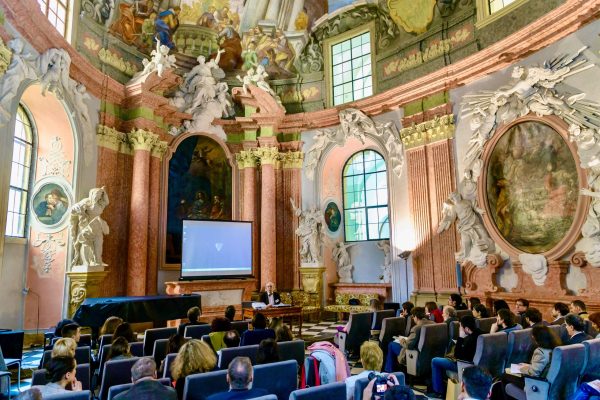
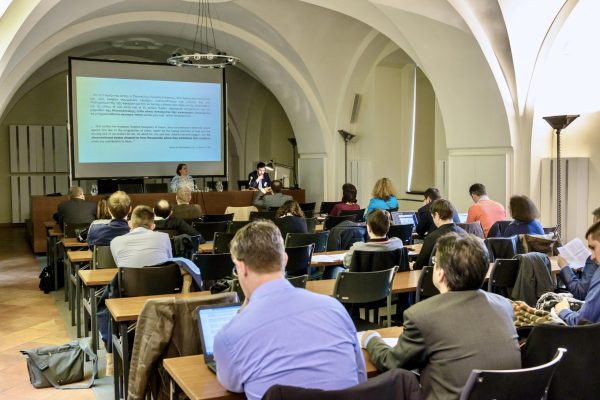
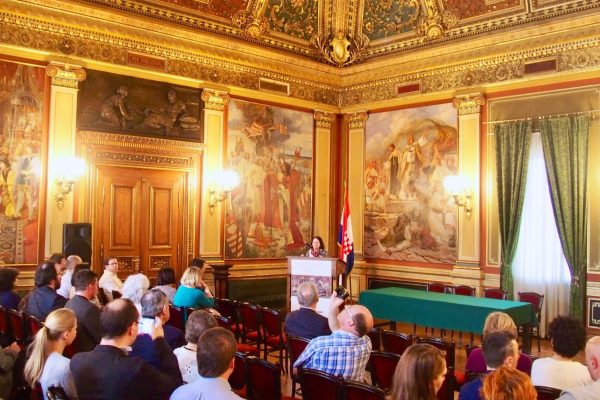
The MECERN Biennial Conferences

Inclusion and Exclusion in Medieval Central Europe (2025)
Department of Medieval History, LMU Munich (Germany)
Venue: Geschwister-Scholl-Platz 1, 80539 Munich
19–21 February 2025
Download the Call for Paper
🔗 Submit your proposal via the online form
Continuity and Change in Medieval Central Europe (2023)
Faculty of Arts, Comenius University in Bratislava (Slovakia)
Venue: Comenius University, Faculty of Arts Building on Gondova street.
📍 https://goo.gl/maps/HJDj2azTLpUC3nfb6
27–29 April 2023
The Fifth Biennial Conference of MECERN will focus on the vexed relationship between continuity and change in medieval history, especially in Central Europe. Continuity and Change have always been topics that historians, archaeologists, art historians, social scientists and scholars from other disciplines were interested in. Recently our society has faced profound changes and disruptions.
What was the situation in the Middle Ages? Was Central Europe as a specific historical, cultural, religious and political region shaped by continual developments on the social and political level, in the period ca. 500-1600? Or, was it rather marked by unexpected and radical changes, which were the essential driving forces in the regionʼs historical development? Which medieval changes influenced the development in Central Europe substantially? What were the ruptures in the medieval past? Which phenomena and spheres of life were marked by continuity rather than change? What are the methods that medievalists use to detect and study them?
These and other questions will be explored at this year’s Biennial Conference.
If you would like to attend the conference as an audience member/non-speaker, we would be pleased to welcome you.
Just come by; We are looking forward to meeting you!
Student Conference
“On the eve” of the big conference with almost 200 speakers, we organized a small student conference for graduate students (MA students, starting Ph.D. students) from Visegrad countries and especially our partner institutions (universities in Bratislava, Budapest, Gdansk, Olomouc), who work on various research topics related to medieval Central Europe. It will allow the students to present and discuss their topics with their peers and experts attending the MECERN conference. They will also become a part of the large conference and have a chance to attend the sessions, listen and discuss. It is possible thanks to the support of the International Visegrad Fund.

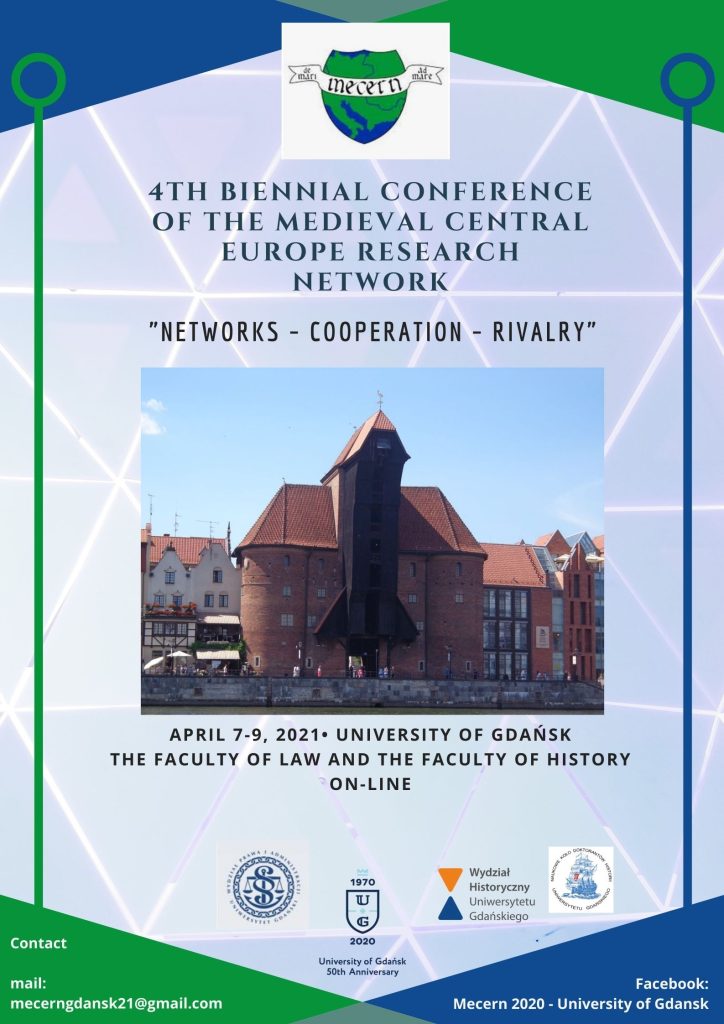
Networks – Cooperation – Rivalry (2021)
Faculty of Law and the Faculty of History, University Gdańsk (Online)
7–9 April 2021
Between Three Seas. Borders, Migrations, Connections (2018)
Faculty of Humanities and Social Sciences, University of Zagreb
in collaboration with
Croatian Institute of History
12–14 April 2018
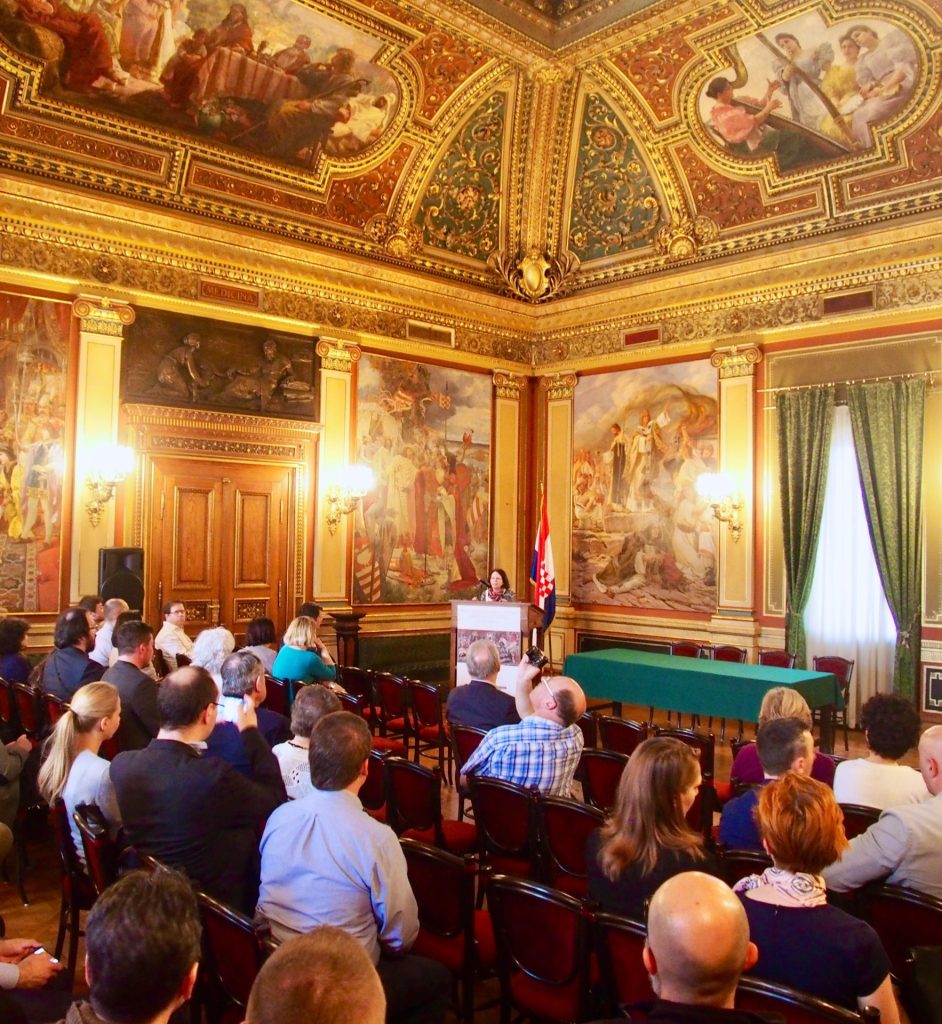
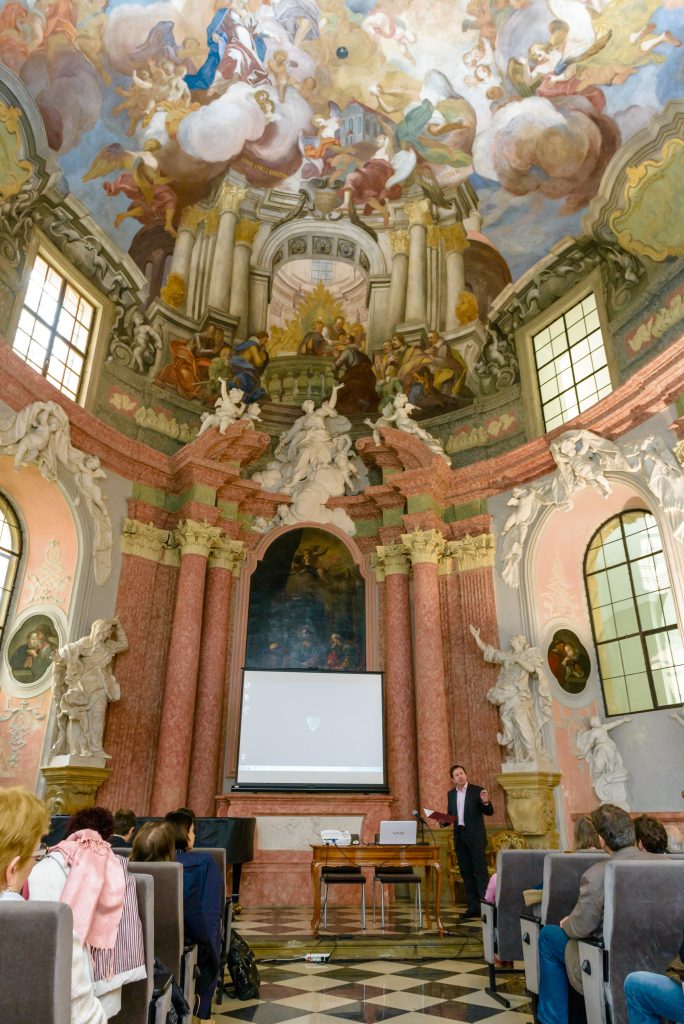
Unity and Diversity of Medieval (Central) Europe. Social Order and its cohesive and disruptive Forces (2016)
Department of History, Faculty of Arts, Palacky University, Olomouc
in collaboration with
Department of History, Faculty of Arts, University of Ostrava
31 March–2 April 2016
A Forgotten Region? East Central Europe in the Global Middle Ages (2014)
Department of Medieval Studies, CEU, Budapest
27–29 March 2014
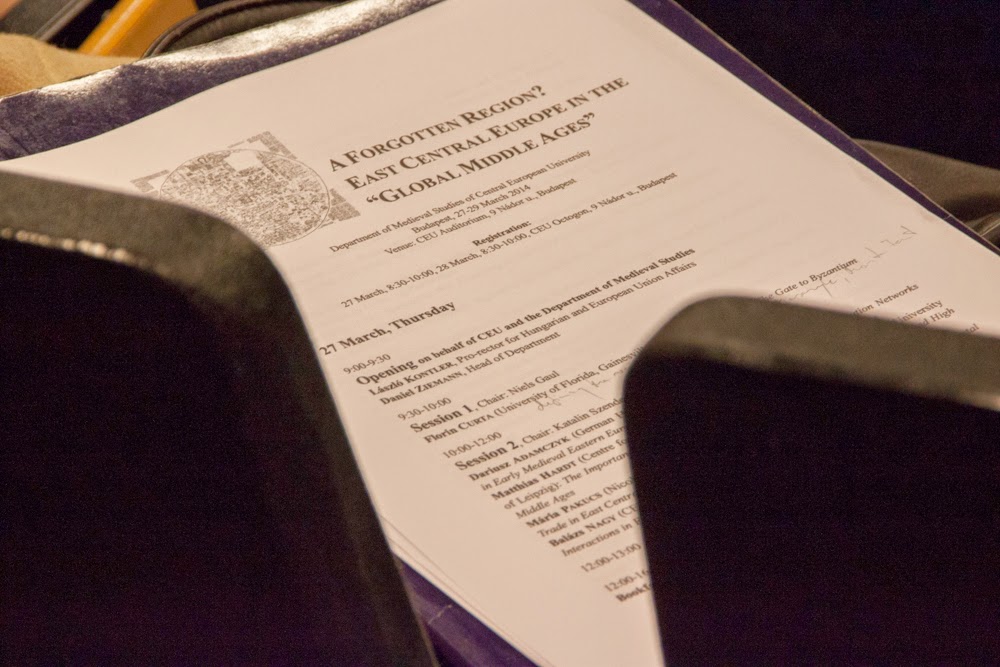
Contact us
- mecern.mail@gmail.com
- website: mecern@mg.fak09.uni-muenchen.de

